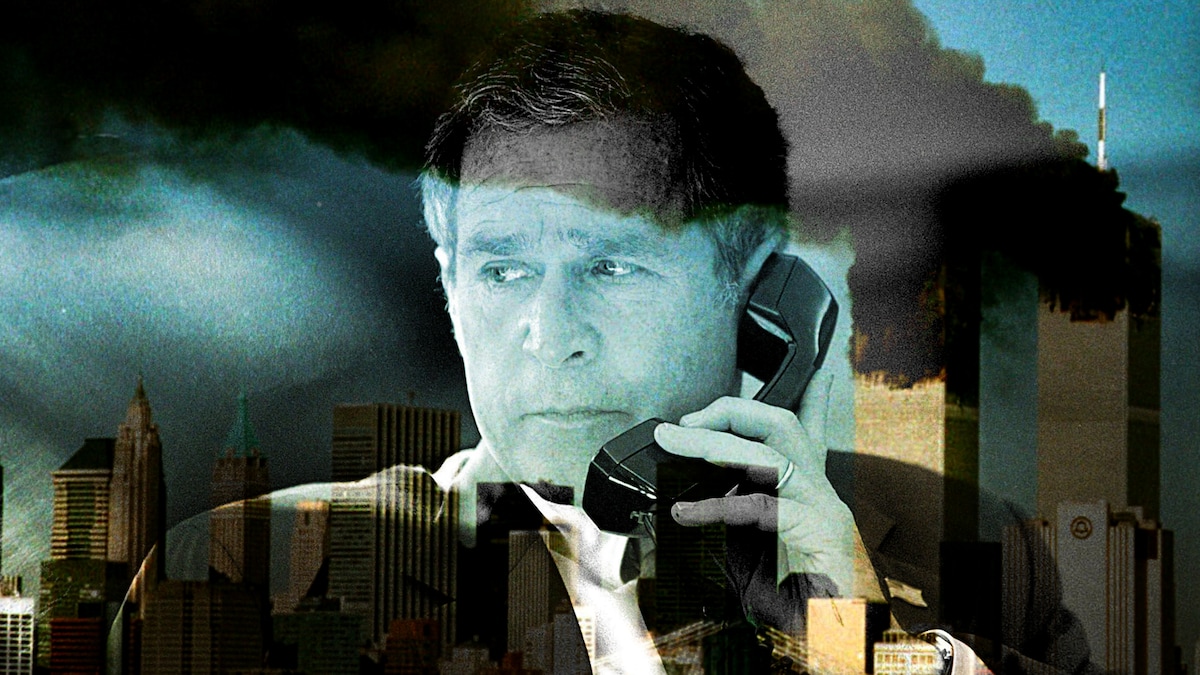How 9/11 conspiracy theories fueled the war on reality

When terrorists flew two jetliners into the World Trade Center on a clear blue morning 20 years ago — and a third plane into the Pentagon — Americans’ belief that they were invulnerable to attack was shattered. That belief, of course, was false. The War of 1812. Pearl Harbor. We’d been attacked before. But not while we had such a modern, well-funded military and intelligence networks. The system failed us — a reality too stressful for many Americans to bear.
Evan Laine, a former trial lawyer-turned-academic whose home city — New York — was attacked, believes that people carrying the stress had two options. They could accept that the system failed us, or change the narrative. He eventually paired up with political economist Raju Parakkal to study what motivated people to change the narrative, i.e., believe in conspiracy theories blaming George W. Bush for 9/11 instead of the terrorists who planned and executed the attacks.
Their work provides crucial insight into the broader attacks on evidentiary reality that we’re facing today. Conspiracy theories about the pandemic and the 2020 election have their roots in older myths that Bush, not Osama bin Laden, was the “evildoer” on 9/11.
In this short film, Laine and Parakkal reflect on why people are inclined to adopt a narrative unsupported by evidence. Their explanation draws a chilling line between 9/11 “trutherism” and the “Big Lie” of 2020.
Story continues below advertisement






